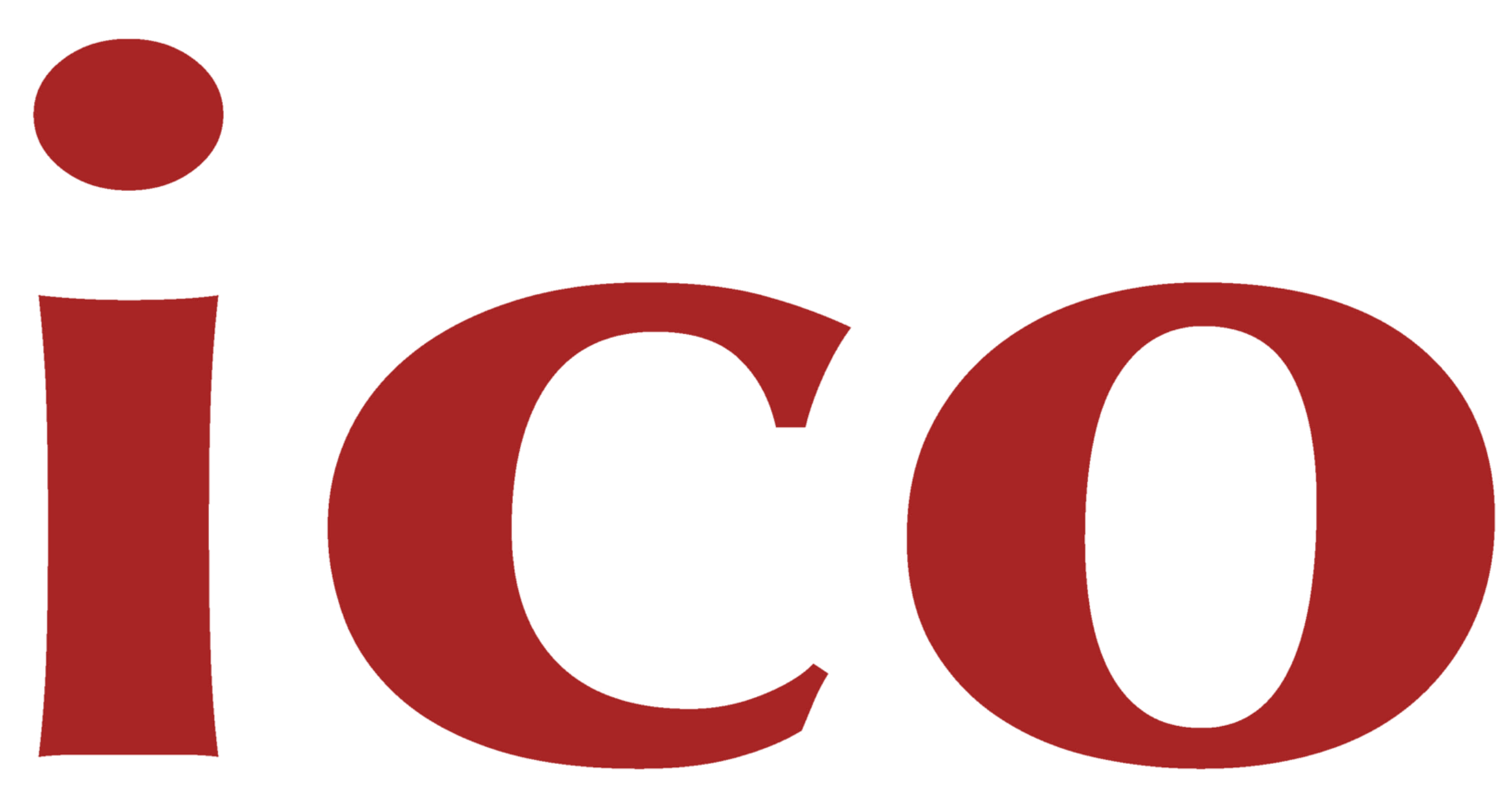26-PhE Philosophy of education
Tutors: Johannes Drerup, Julien Kloeg, Michael Merry, Anders Schinkel (coordinator)
ECTS (for the full course; 1 ECTS=28 hours): 3
Course description
This course will introduce PhD students to the field of philosophy of education by way of four central themes: aims of education, educational justice, democratic education, and the ‘worldliness’ of education.
| June 2025 | Subjects + preparation (task title and/or literature to read) | Assignment Deadline |
| Tuesday, June 2, 13:00-15:30 | -Philosophy of education: what it is and what its use is. -Aims of education: is there a general ‘aim of education’? | Friday, May 29, 13:00 |
| Tuesday, June 9, 13:00-15:30 | -The theory and practice of democratic education -What should be taught as controversial: general problems and specific cases | Friday, June 5, 13:00 |
| Tuesday, June 16, 13:00-15:30 | -Educational justice -Equality of educational opportunity | Friday, June 12, 13:00 |
| Tuesday, June 23, 13:00-15:30 | -The ‘worldliness’ of education: education and politics, the child and the citizen (according to Hannah Arendt and Philippe Meirieu) | Friday, June 19, 13:00 |
Location: to be determined (Amsterdam or Utrecht)
Course objectives
The central objective of this course is to introduce beginning researchers in the Educational Sciences to a discipline and a mode of thinking they are probably unfamiliar with, namely that of philosophy of education. Though the specific topics covered in the course are among the most debated topics in philosophy of education, and though they may have specific relevance to participating PhD students, it is the initiation into a different way of looking at education, asking other types of question, and using other than empirical approaches to answering them, that is most important. Corresponding more specific objectives are the (further) development of a disposition to critically question silent assumptions (one’s own, or that of one’s research field or discipline); of open, receptive attention to situations, problems, texts, and so on; and of habits of sound and careful reasoning.
Requirements/entry level
There are no special entry requirements, but it would be most helpful to take this course early in the PhD trajectory.
All meetings follow this format:
- Preparation beforehand (reading /assignment): read the two papers and prepare a substantive (0,5-1 page, 2-4 paragraph) response; submit this via the designated folder on surfdrive (see the course manual for the link) on the Friday preceding the meeting at the latest. (In the folder ‘Meeting 1’ you’ll find the literature and a subfolder for the assignments, etc.) Also prepare at least 1-2 questions related to the readings for the discussion during the meeting; include these in the submitted document.
- The meeting has the format of a brief introduction by the lecturer followed by in-depth discussion of the papers/issues on the basis of your questions.
- Assignments); You will receive feedback on your critical response to the readings, to which you respond online; this may go back and forth a couple of times. The resulting three discussions form a small portfolio on the basis of which, together with your participation in and preparation for the meetings, it will be decided whether you have passed or failed the course.
- Assessment and feedback: Feedback from the lecturer on your response to the readings; assessment on the basis of your responses and participation.
Specification of the literature
For meeting 1:
- Biesta, G. (2009). Good education in an age of measurement: On the need to reconnect with the question of purpose in education. Educational Assessment, Evaluation, and Accountability 21(1): 33-46
- Standish, P. What is the philosophy of education? In: R. Bailey (ed.), The philosophy of education: An introduction (pp. 4-20). Bloomsbury
For meeting 2:
- Hand, M. (2008). What should we teach as controversial? A defense of the epistemic criterion. Educational Theory 58(2): 213-228.
- Hess, D. E. (2002). Discussing controversial public issues in secondary social studies classrooms: Learning from skilled teachers. Theory & Research in Social Education 30(1): 10-41.
For meeting 3:
- Calvert, J. (2014). Educational equality: Luck egalitarian, pluralist and complex. Journal of Philosophy of Education 48(1): 69-85.
- Meyer, K. (2016). Why should we demand equality of educational opportunity? Theory and Research in Education 14(3): 333-347.
For meeting 4:
- Arendt, H. (1993) [1954]. The crisis in education. In: H. Arendt, Between past and future: Six exercises in political thought (pp. 173-195). Penguin
- Meirieu, P. (2016). Attending to the breakthrough of freedom. Unofficial translation by J. Kloeg of Het doorbreken van de vrijheid begeleiden, ch. 5 in P. Meirieu, Pedagogiek: De plicht om weerstand te bieden (pp. 67-75). (Transl. S. Verwer). Phronese
A link to the literature can be found in the course manual.
Options to tailor this course to your current needs
Before or during the first meeting, you can indicate specific topics you would like to see covered during the course. The course coordinator(s) take(s) these wishes into account as much as possible.
Requirements:
- Presence at and active participation in all meetings: if, due to circumstances beyond your control, you can’t attend a particular meeting, notify the lecturer in advance; an alternative assignment may be assigned.
- Fulfilment of all reading assignments and practical assignments (response papers, questions prepared for discussion).
- Failure to submit responses before the deadline (4 days in advance of the meeting) may affect your final grade.
Specification of the workload:
21 hours per meeting:
-2,5 hours for the meeting itself
-7,5 hours preparation
-11 hours for the 1000-word paper
